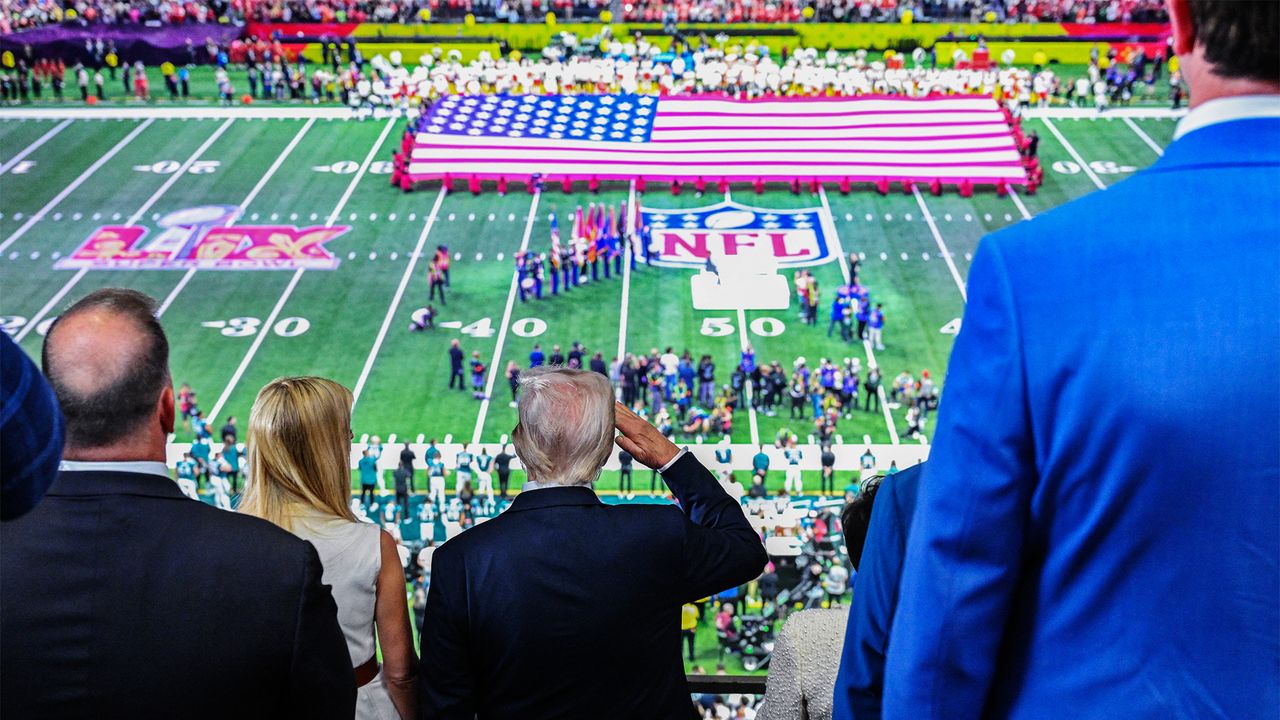Locker Room Politics: How Trump's Sports World Reshaped the First 100 Days

Donald Trump is masterfully leveraging the world of sports as a powerful platform to energize his political base and solidify his personal brand. By strategically positioning himself at high-profile sporting events—from hosting championship teams to making a memorable lap at the iconic Daytona 500 and championing controversial policies targeting transgender athletes—Trump is crafting a narrative that resonates deeply with his supporters.
However, this sports-driven strategy might cast a long shadow over two major international sporting events set to take place on American soil: the upcoming World Cup and the 2028 Olympics. His provocative approach and polarizing policies could potentially create diplomatic tensions and overshadow the global celebration of athletic excellence.
Trump's sports-related maneuvers demonstrate a keen understanding of how athletic events can be transformed into political stages, using the universal language of competition and national pride to amplify his message and maintain his prominent position in the public discourse.
